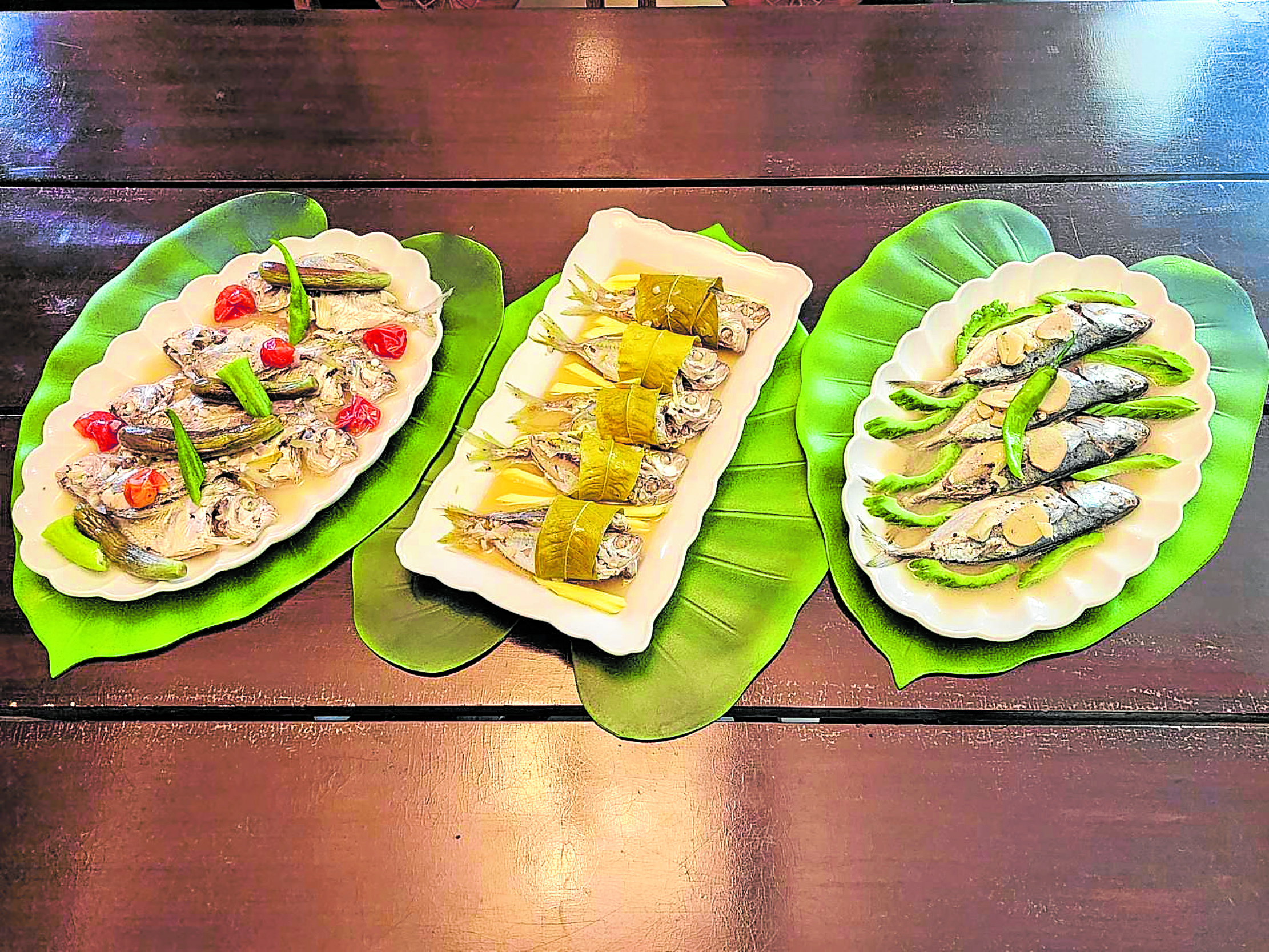Reader Lawrence Gonzaga sent in the following timely query: “With the recent celebration of the Chinese New Year, so many different charms, amulets and trinkets have proliferated in the market. And some of them are pretty expensive. My question is: Do these charms, amulets and trinkets really work?”
First, let us define what these terms mean. An amulet is any object that is believed to have the power to protect its wearer from physical danger or harm.
Potential amulets may include special gems and stones, statues, coins, drawings, pendants, ring and even parts of plants and animals. In the Philippines, certain special prayers or oracions are also believed to function as amulets.
The word amulet comes from the Latin “amuletum,” meaning “an object that protects a person from trouble.”
In the Philippines, an amulet is known as agimat, mutya or anting-anting. The most powerful, mutya, is believed to be that which comes from a mature banana tree which falls only at midnight and may be obtained only by somebody who deserves to have it, often by fighting a supernatural or elemental creature that guards it.
A talisman is similar in meaning to an amulet in the sense that it must be energized or magnetized by a master in order to protect someone from harm or physical danger.
In the Philippines, specially made amulets or talismans are believed to protect the wearer from bullets and knife wounds. That is why military men and policemen, including some officers, wear amulets, talismans or anting-anting.
In quantum physics, there is such a thing as a “charm quark” whose “conservation explains the absence of certain strange particle decay models and that accounts for longevity of the J particle,” whatever that means.
Perhaps the main distinction between “charm” and “amulet” is that charm is meant to attract (for example, luck or love) whereas an amulet or talisman is meant to repel (for instance, evil or danger).
No concrete evidence
The talisman is usually specially made for a particular person, though it serves the same purpose as an amulet.
The word “talisman” comes from the Arabic word “tilasm,” an alteration of the Greek “telasmo” which means “completion in religious rite” from the word “tello” meaning “I complete, perform a rite.”
To answer the question of whether such objects work is not so easy. Though there are many in our country who believe in the mystical powers of charms, amulets and talismans, I have not found concrete or strong evidence that they always work. I suppose their effectiveness depends mainly on the belief or faith of the individual wearing such objects.
I know one former chief of the Armed Forces of the Philippines who personally told me he believed in the powers of anting-anting because he saw one of his soldiers hit by an enemy’s bullets; his uniform was full of holes, but he had no wound at all.
On the other hand, in the early ’80s, we were filming anting-anting practitioners in San Pablo. To test if they would be hit by bullets, the producer/director hired an Olympic sharp-shooter, Tac Padilla, to shoot the anting-anting with his pistol at a distance of eight meters. All the medallions and handkerchiefs, on which magical words were engraved, were hit and shattered by Padilla’s bullets.
What did these fellows say afterward? Did they change their belief in the powers of the anting-anting? Heck, no! They suspected their wives must have touched their anting-anting, that’s why they lost their power or efficacy.
During the martial law regime, a mystical religious cult led by Valentin de los Santos was stopped by the military from marching to Malacañang. They were warned that if they continued the march the soldiers would fire at them. Believing that their anting-anting or amulets would make them immune to bullets, they rushed forward holding only bolos. The soldiers fired, killing all of them, except their leader, who was put in jail.
So, do I believe amulets and talismans work? Maybe, yes, if you don’t let your wives touch them! Or go to a wake or visit a cemetery without removing them from your body. Beliefs really die hard despite strong evidence to the contrary.
Attend the seminar on “Numerology: How Numbers Affect Your Life,” to be conducted by Anton Alvarez, sponsored by Inner Mind Development Institute. Venue of seminar is at Room 308 Prince Plaza 1, Legaspi St., Greenbelt, Makati City. For reservation and details on seminar, call tel. no. 8107245 or 0908-3537885.
Good news for Davaoeños! I will be conducting my seminar “Soul mates, Karma and Reincarnation” in Davao City on March 15, 1-7 p.m. For details, call Melissa Roales at 0917-3268306.









































